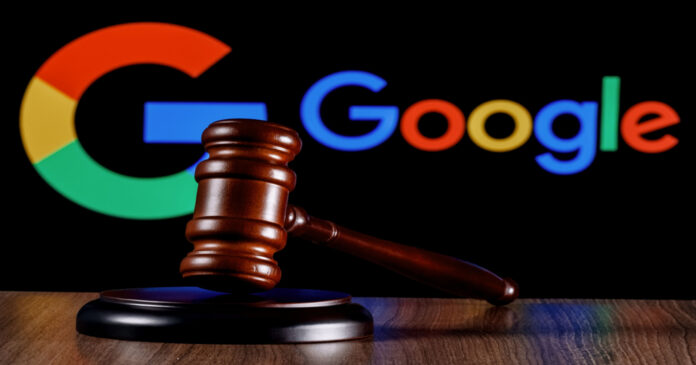What triggered the filing of the lawsuit?
Mark Brnovich’s office, Arizona Attorney General, started investigating Google’s location data collection practices following an Associated Press story in 2018 which revealed how the company tracks user movements. In a press release, Brnovich said, “When I was elected attorney general, I promised Arizonans I would fight for them and hold everyone, including corporations like Google, accountable.” He further added, “I am proud of this historic settlement that proves no entity, not even big tech companies, is above the law.” Also read: https://gizmodo.com/google-location-history-setting-confusing-settlement-1849619287
How the money would be used?
$77,250,000 of the settlement money would be paid to the general fund of Arizona and $7,750,000 to the outside counsel attorney general’s office. Most of the money would be spent to fund broadband, education internet privacy efforts, and purposes. Google need not admit to the violation of laws or any wrongdoings under the terms of the settlement.
Google’s argument
Google claimed in its defense that the lawsuit was based on outdated policies. Jose Castañeda, Google’s spokesman, said, “We provide straightforward controls and auto delete options for location data, and are always working to minimize the data we collect.” He added, “We are pleased to have this matter resolved and will continue to focus our attention on providing useful products for our users.” Watch this YouTube video:
Google facing similar charges
The state attorney generals of Texas, Indiana, etc., and the District of Columbia filed complaints over location data in their state courts. In January this year, a California U.S. District Judge dismissed two out of five claims in a class action lawsuit. However, Alphabet Inc. did not pursue to get the other claims thrown out. Google is accused by them of collecting data from Android users similar to those outlined by the Attorney General of Arizona. Suggested read: Google Is Tracking You Even In Incognito Mode in Google Chrome
Google’s next step
Even after all these, Google is not liable to make any changes in its policies or have any ground rules to follow in the future. Jonathan Mayer said, “Settling claims for a cash penalty and modest concessions is usually much easier than changing how a company does business.” Mayer added, “Privacy litigation in the U.S. is often grounded in consumer deception claims. If a company simply updates its notice to users, that can be sufficient for legal compliance.” He is a professor at Princeton University who consulted on the original report uncovering the location settings issue of Google.





